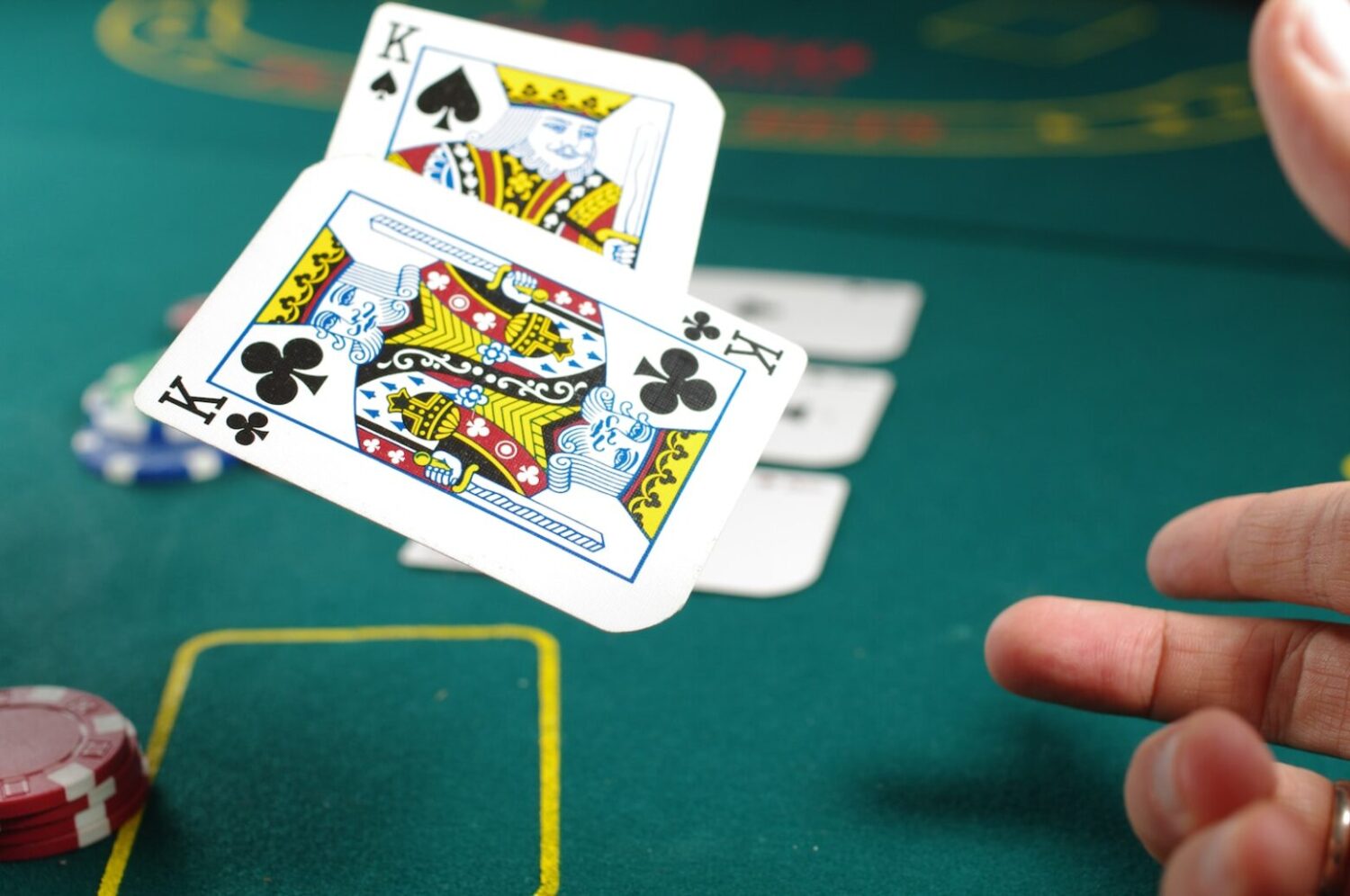
Casino games have long captured the interest of humans around the globe, becoming an essential part of both entertainment and tradition. From the sparkling lights of Las Vegas to the engaging experience of internet gambling, these experiences evoke thrill, uncertainty, and sometimes even a sense of remembrance. They are more than simply pastimes; they have woven themselves into the fabric of our lives, influencing everything from cinema and songs to style and literature.
The appeal of casino games transcends the wagering aspect, tapping into broader themes of fortune, risk, and human behavior. As players convene around a gaming table or turn the wheel of fortune, they engage in an ancient ritual that resonates with our collective desire for thrill and uncertainty. This captivation has led to the growth of many references in films, music, and video games, showcasing how strongly entrenched these activities are in pop culture. Whether it is the high-stakes tension of a classic robbery film or the colorful nightlife portrayed in music videos, casino games have created a substantial niche that reflects our connection with risk.
Cultural Impact of Casino Activities
Gambling games have played a crucial role in social aspects throughout the ages. Originating from old civilizations, games of chance were often connected to rituals or events. For instance, early iterations of these activities can be traced back to historic China and the Roman Empire, where die games and wagering on outcomes were popular pastimes. These games not only functioned as entertainment but also as means of connecting people, facilitating connections among individuals within societies.
As cultures evolved, so did the sophistication and structure of casino games. The establishment of formal casinos in the 17th century, particularly in the Italian region, marked a notable shift in how games were viewed and structured. With specific spaces for gaming, the casino became a community center where people from various backgrounds convened. This change contributed to the legitimization of the industry, transforming it from a mere pastime into an established industry that shaped the economy and policy.
The impact of gambling games on mainstream culture cannot be understated. As they were brought into the limelight in books and movies, games such as Texas Hold’em and blackjack became icons of risk, chance, and tactics. Iconic figures and stories have developed around these activities, illustrating societal views towards fortune, prosperity, and immorality. This interest with casino activities has permeated various forms of entertainment, cementing their place in the public imagination and connecting them to wider cultural narratives throughout history.
Portrayal of Gambling Games in Media
Casino games have long been a popular theme in different types of entertainment, reflecting both the thrill and complexities of gambling culture. Films such as Ocean’s 11 and Casino Royal portray figures who navigate intense situations, showcasing not only the allure of the gambling environment but also the strategies and choices that come with playing popular games like poker and 21. These films often dramatize the exhilaration of winning and the potential results of losing, encapsulating the risks involved in gambling.
Television shows have also explored the world of casino games, often integrating them into the plot as a context for character development and tension. Shows like Las Vegas depict the lives of gambling employees and patrons, highlighting the vibrant, often tumultuous energy of the casino floor. Reality shows featuring high-stakes betting contests further emphasize the appeal of casino games, drawing viewers into the tension and planning involved in each round. Through these representations, media not only entertains but also stimulates conversations about luck, expertise, and the nature of randomness.
Gaming have increasingly integrated gambling activities into their structure, allowing players to simulate the experience of betting without monetary loss. Titles within the domain of online gaming often include virtual slots, poker, and other popular casino games, creating an interactive experience that mirrors actual casino experiences. These digital representations make gambling activities accessible to a broad demographic, appealing to both players who indulge and those who enjoy the thrill of simulation. As a consequence, the portrayal of casino games in entertainment continues to shape societal views and cultural relevance, highlighting their function in entertainment and social context.
Effect of Gambling Activities on Society
Casino games have a meaningful effect on society, affecting multiple facets of societal norms and interpersonal behavior. They often function as a venue for community engagement, where people gather to enjoy a shared activity. Casino trips with friends or trips to casinos become social activities that foster connections and create memories. This communal aspect enhances the fun value of casino games, making them a popular choice for festivities and leisure activities.
Additionally, gambling activities have been depicted in numerous films, television shows, and written works, influencing perceptions and attitudes towards gaming and gaming. Icons like James Bond competing in baccarat or the intense poker scenes in films have cemented these games in the shared imagination. This depiction often glamorizes the lifestyle associated with gambling, drawing in new players and impacting trends in both fashion and behavior. These representations can spark curiosity and lead to a deeper exploration of the nuances of gambling.
Nonetheless, there are also adverse consequences associated with the popularity of gambling activities. The allure of quick monetary gain can lead to problem gambling and economic troubles for some individuals. The community must grapple with these consequences, advocating for responsible gambling and education of the risks involved. Finding a balance between the entertainment value of gambling activities with the potential for harm is vital to ensure that they remain a positive aspect of our cultural landscape. shbet